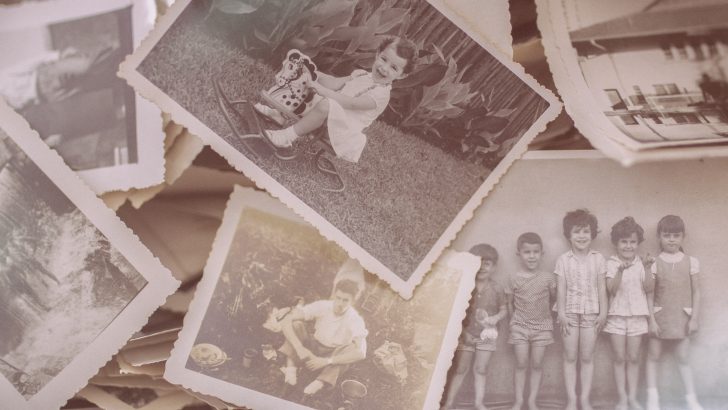A friend sent on an old picture from our village when I was a boy. When a picture from your childhood looks like something from another world, you know you’re getting older. Although my childhood took place not too long ago, in the 1980s, I do remember Ireland as being a very different country back then. The photo showed a group of local people standing on the village’s main street on a summer’s day. I knew some of the kids pictured, who wore woollen jumpers, some of which were hand made. The old men wore the traditional tweed jackets and caps. There was a warm, jocular air about the scene. It was a time when nobody minded wearing old clothes, and everyone talked to everyone. Those were the days before the Celtic Tiger came and remade Ireland, for better and worse.
The older people back then had a particular warmth about them. Their defining characteristic was a sort of gentleness and humility. As young lads, aged 10 or 11, we were free to roam for miles across fields and to cycle further still. On such adventures, if we got thirsty, it was a perfectly normal thing to call into the house of a stranger to ask if we could have a glass of water. We knew, you see, that our humble request for a glass of water would invariably lead to greater things: perhaps orange squash and biscuits.
I was always pushed forward by my friends, as they said I had a way with words. Without exception, we were met with kindness. It was taken as being a normal and friendly thing for a few young lads to turn up at the door, seeking refreshment. Little did we know that we were perhaps among the last strangers in Ireland to turn up at people’s doors seeking refreshment. When the 90s came in, that centuries old tradition of hospitality seemed to fade into oblivion rapidly.
Whenever we cycled to the beach, we always kept a sharp eye out for large empty trucks. When a suitable one was spotted, another lad in our gang was sent forward, as his father was a truck driver. He’d talk the talk about trucks for a while, before asking if by any chance we could throw the bikes up in the back. Not a bother, would come the reply, and the driver would help us to pass our steeds up on the flat bed. We’d stand up there too with the wind in our faces, watching as the trees passed overhead – waving at the cars behind, hoping our friends would see us, but that our mothers wouldn’t, as we came parading into the village in triumph.
In late August, the tractors were busy hauling trailers laden with hay. This meant we had a handy method of propulsion. We held on the back of the trailer, were towed as far as we liked. Of course we had one pal who was a terribly bad cyclist. He was famous for cycling straight into my house one time, as though he were surprised to find it there. He had barely touched the trailer when he managed to straight go over the handlebars and crash into the ditch. The car behind us nearly hit him, and when it screeched to a halt, its driver – an off duty nurse – tended to his wounds. The rest of us cast our eyes to heaven.
When we got a little older, I began hitchhiking everywhere. All you had to do was stand on the road and stick out your thumb, within a few moments a car would stop and drive you along. There was always a chat. I hitched for all my teenage years and met all sorts of people, and only ever had good experiences. I hitched across France and into Germany too.
The biggest difference about that vanished world for a child is simple enough. Back then, people treated strangers as friends. Children had little suspicion or fear, and much freedom. Perhaps we were naive in some ways. Yet it was a fine country where a child could ask any stranger for a drink, or a lift and they’d always be happy to help.
My eldest two are at the age when I began to do such things. It saddens me to think that they never will, because something has changed in our land. Something that was good is gone.


 Rory Fitzgerald
Rory Fitzgerald
